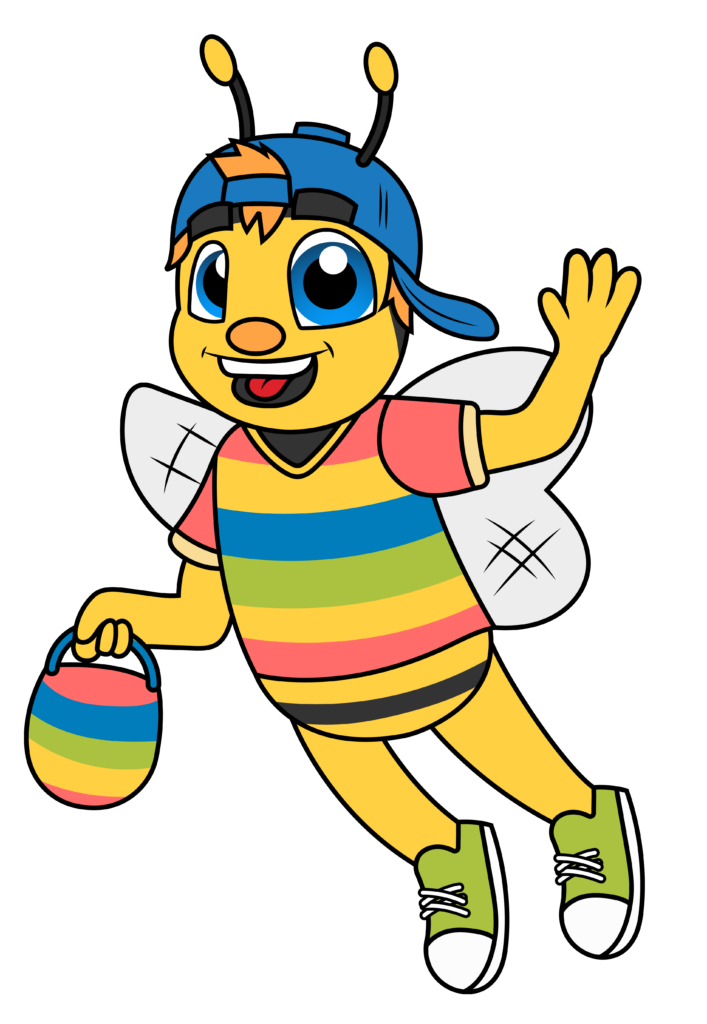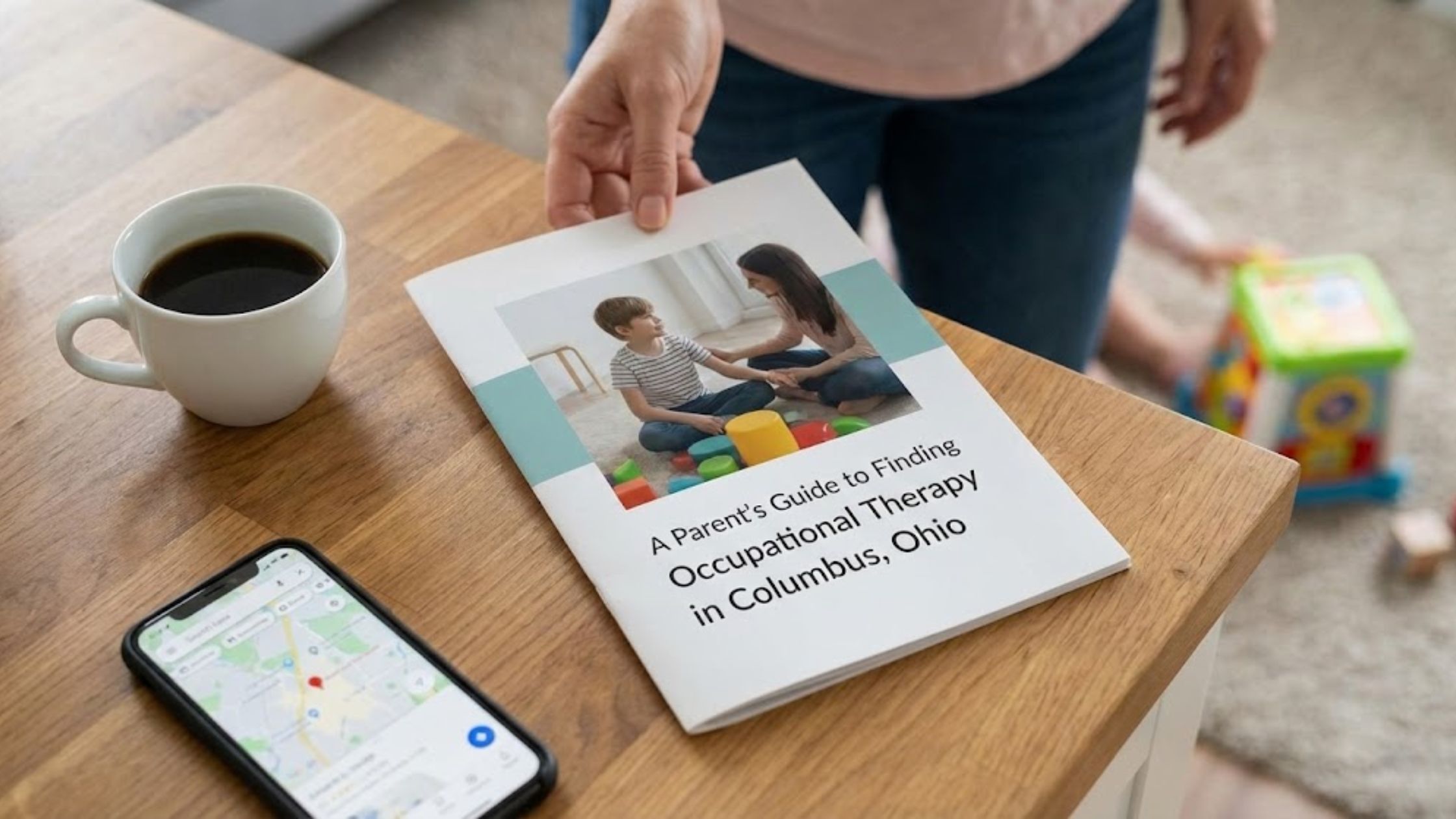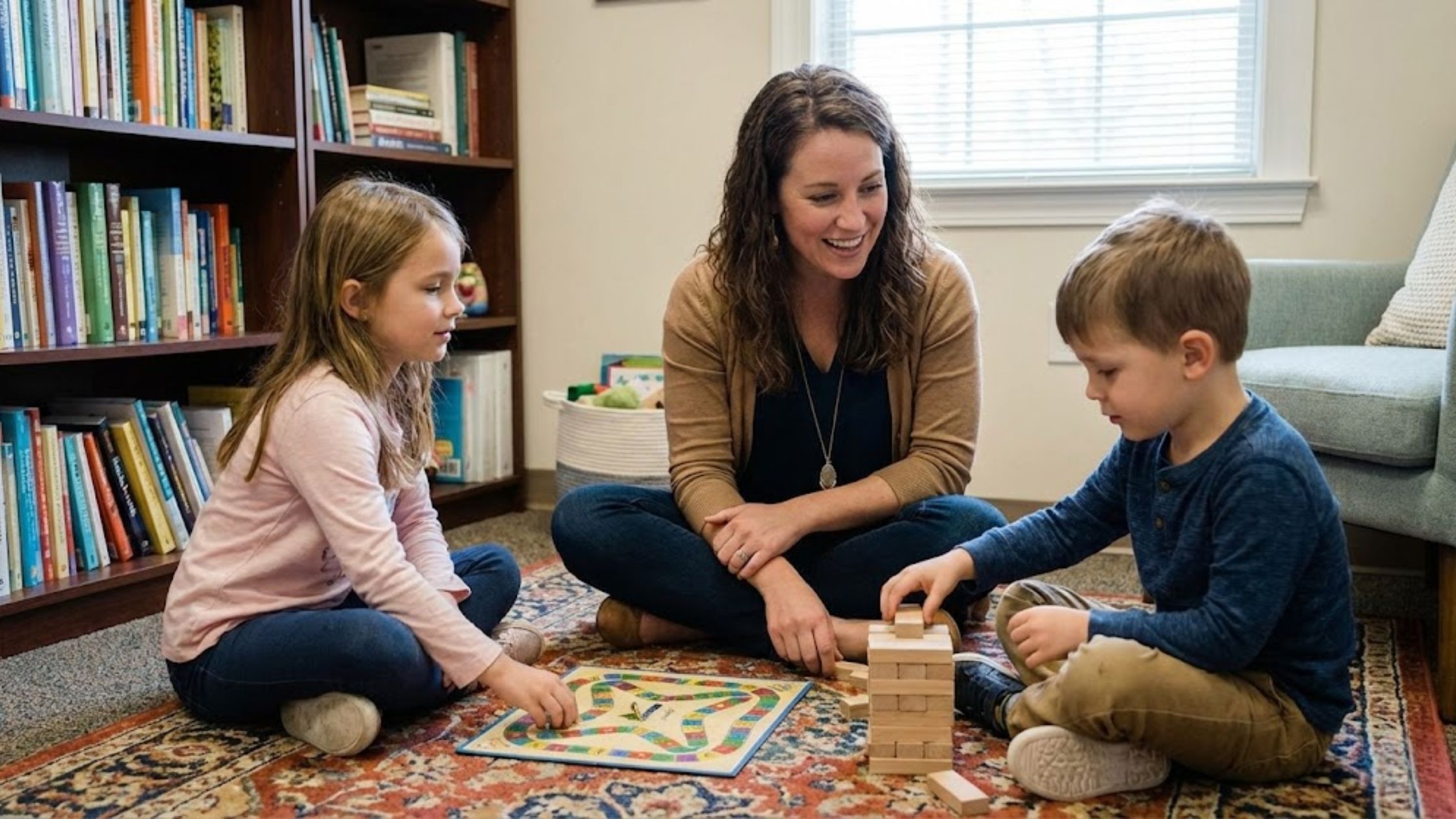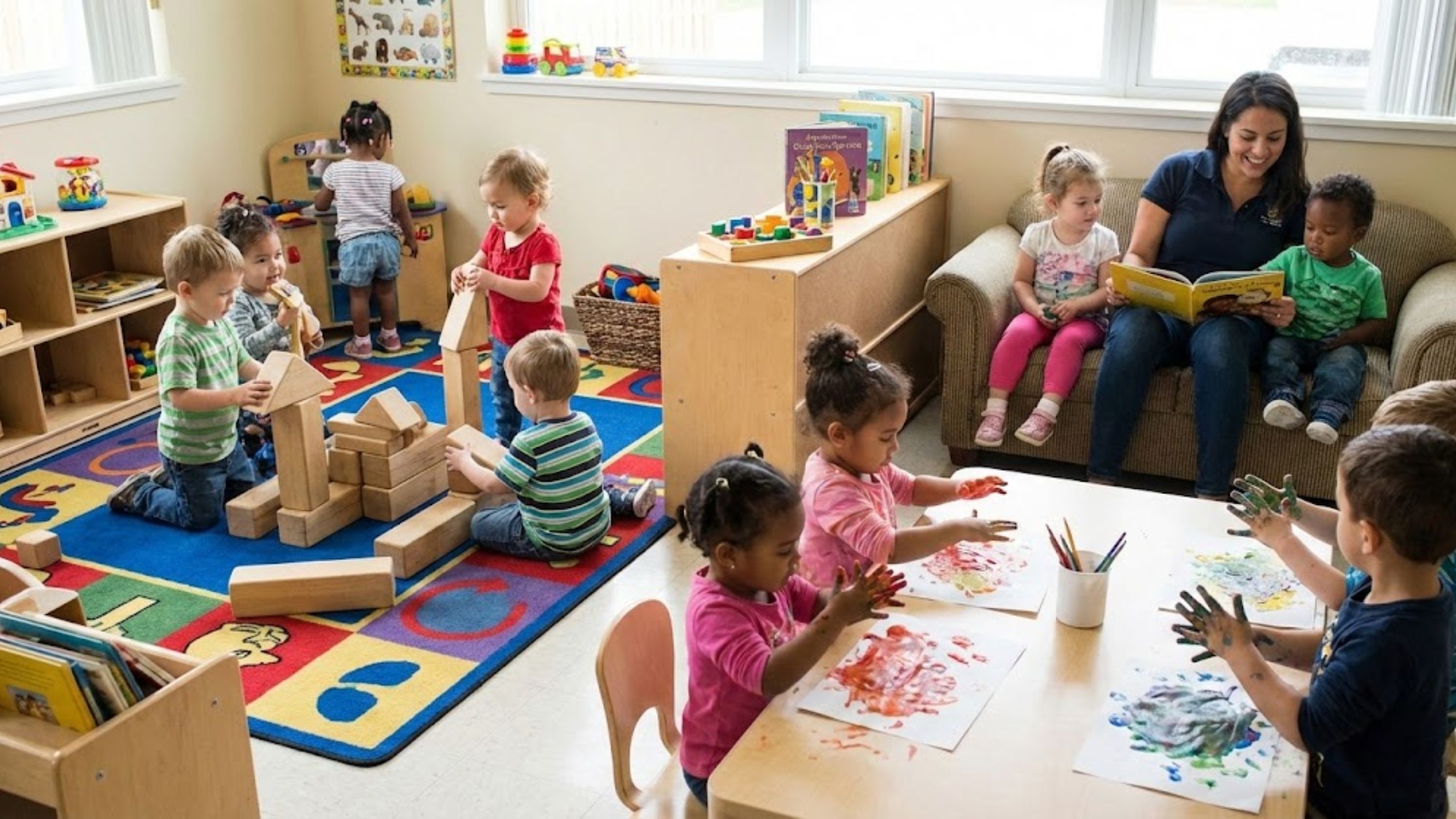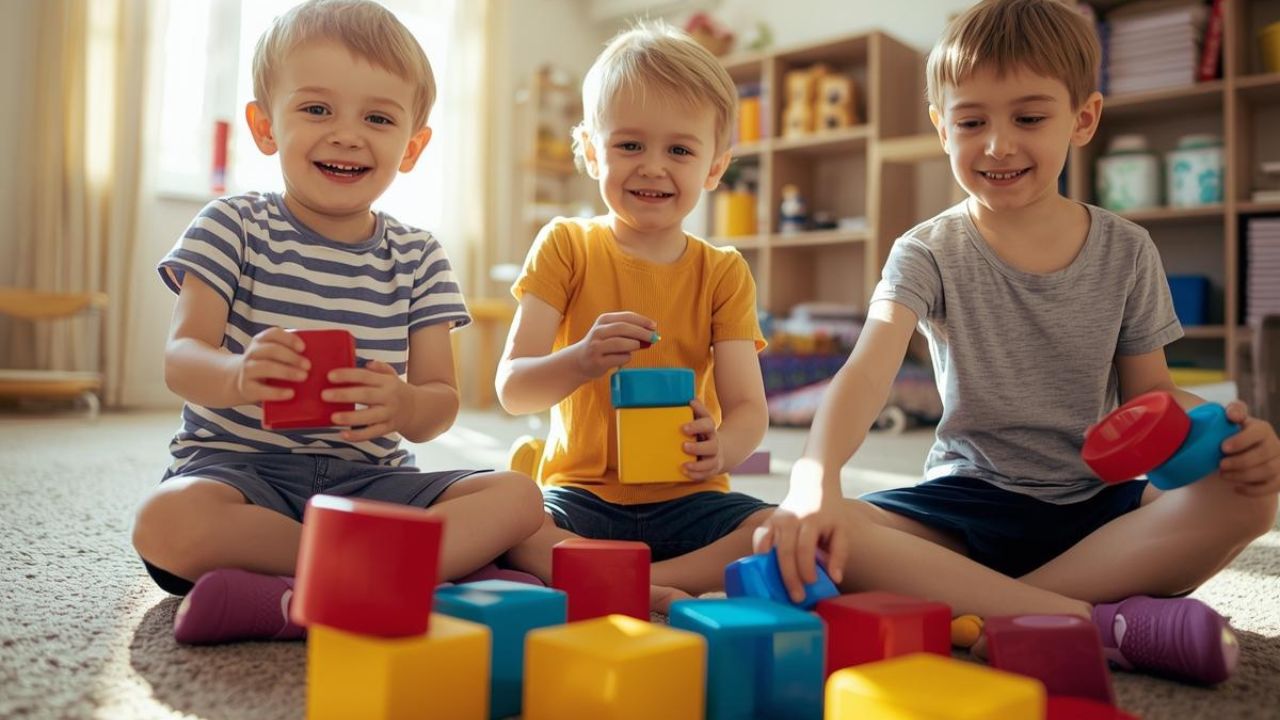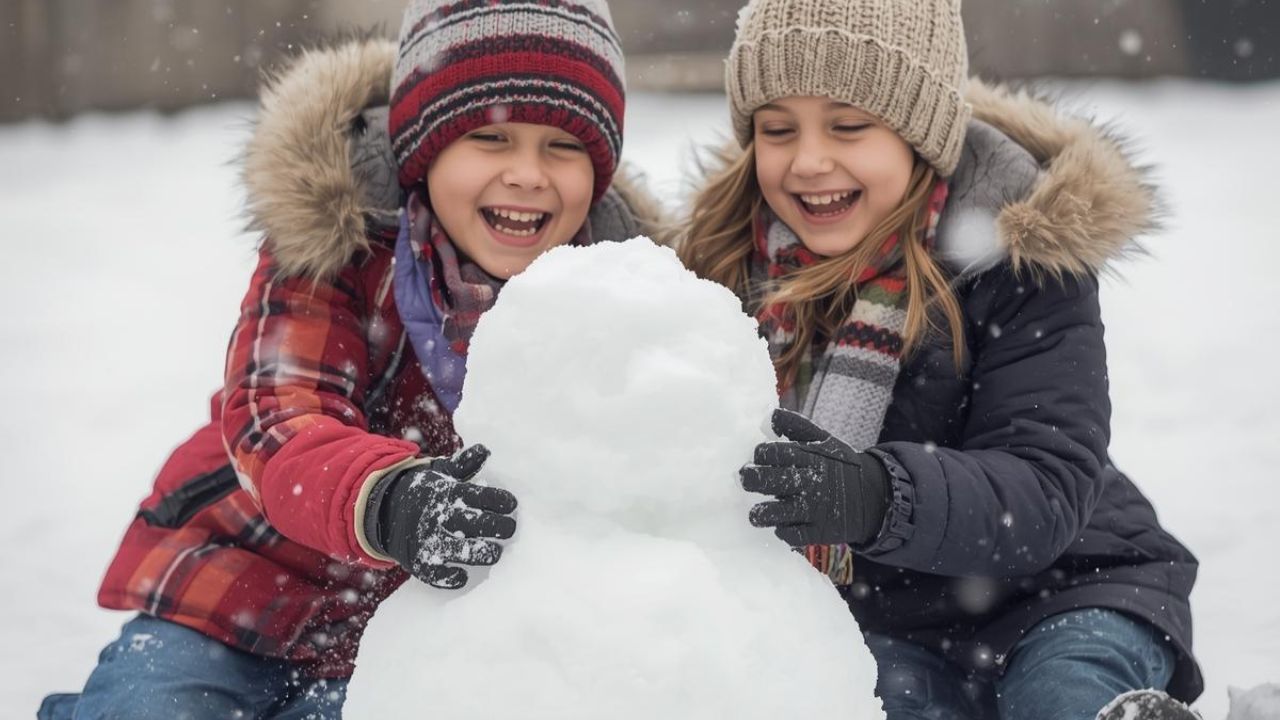The transition from preschool to kindergarten is one of the most significant milestones in a child’s early life. It marks the beginning of formal education, where children are introduced to new routines, learning environments, and social dynamics. This period is filled with excitement, anticipation, and a touch of nervousness, not just for the children but also for their parents. To ensure a smooth and successful start to this new chapter, it is essential to prepare your child for the challenges and opportunities that lie ahead.
What is Kindergarten Readiness?
Before diving into specific preparation strategies, it’s important to understand what kindergarten readiness means. While children develop at their own pace, there are certain skills and abilities that contribute to a successful kindergarten experience. Recognizing these areas can help you focus your efforts on the most impactful aspects of your child’s development.
- Social and Emotional Skills
Social and emotional skills are fundamental for a child’s success in kindergarten and beyond. The ability to share and take turns is crucial in a classroom setting, where children must learn to work together, whether it’s during playtime or group activities. These skills foster cooperation and build positive relationships with peers. Following directions is another key aspect, as children will need to listen to and comprehend instructions from their teachers, which helps them navigate daily routines and classroom expectations. Managing emotions, such as dealing with frustration or disappointment, is equally important. Kindergarten can be a new and sometimes overwhelming experience, so children who can express their feelings appropriately and regulate their emotions will have a smoother adjustment to the school environment. This emotional resilience also helps them handle conflicts and setbacks in a healthy way. - Cognitive Skills
Cognitive skills are the mental processes that enable children to think, learn, and solve problems. In kindergarten, developing problem-solving abilities is essential as children encounter new challenges that require them to think critically and find solutions. Whether it’s figuring out how to build a block tower or solving a simple puzzle, these activities help sharpen their analytical skills. Critical thinking goes hand-in-hand with problem-solving, as it encourages children to question, explore, and understand the world around them. This intellectual curiosity is the foundation for lifelong learning. Memory is another important cognitive skill, as it allows children to remember instructions, routines, and information. Strong memory skills support learning in all areas, from remembering the steps in a math problem to recalling the letters of the alphabet, making them essential for academic success in kindergarten and beyond. - Language and Literacy Skills
Language and literacy skills form the basis of communication and learning in kindergarten. Expanding vocabulary is critical at this stage, as a rich vocabulary allows children to express themselves more clearly and engage in more complex conversations. It also enhances their ability to understand and follow classroom discussions. Understanding stories, whether through listening or reading, is a key literacy skill. When children can comprehend and retell stories, they develop narrative skills that are crucial for reading comprehension and creative thinking. Phonemic awareness, which is the ability to hear and manipulate the sounds in words, is another foundational literacy skill. It plays a vital role in learning to read and write, as children need to recognize the relationship between sounds and letters. Strengthening these skills in early childhood sets the stage for successful reading and writing experiences in kindergarten. - Physical Development
Physical development is an important aspect of readiness for kindergarten, as it supports both academic and social activities. Fine motor skills involve the use of small muscles in the hands and fingers, which are necessary for tasks like writing, cutting with scissors, and drawing. Developing these skills enables children to perform classroom activities with ease and precision, helping them feel confident and capable. Gross motor skills, on the other hand, involve larger muscle groups and are essential for physical activities like running, jumping, and playing on the playground. These skills not only contribute to overall physical health but also enhance coordination and balance, which are important for participating in group games and activities. A child with well-developed physical abilities is more likely to engage actively in both academic and social aspects of kindergarten, leading to a well-rounded experience.
Preparing for the Kindergarten Classroom
As the beginning of kindergarten draws near, taking additional steps to help your child feel prepared and excited can make a significant difference. Here’s how you can ensure your child is ready for this new adventure:
Visit the School
Scheduling a visit to the kindergarten classroom before the school year starts is a crucial step in helping your child adjust to their new environment. This visit allows your child to become familiar with the layout of the classroom, see where they will be spending their days, and explore areas such as the reading corner, art station, and playground. Seeing the classroom setup, such as the desks, chairs, and learning materials, can help demystify the new setting and reduce anxiety. If possible, visit the school during a time when the classroom is active to give your child a sense of the daily routine and activities they will experience.
- Meet the Teacher
Introducing your child to their new teacher before school begins is an excellent way to build a positive and reassuring connection. Meeting the teacher allows your child to put a face to the name and start forming a relationship with the person who will be guiding them through their early educational journey. It also provides an opportunity for you to discuss any specific needs or concerns you may have regarding your child’s learning style, allergies, or other important information. This interaction can help your child feel more comfortable and confident about starting school, knowing they have already met someone who will be a key part of their day. - Discuss School Expectations
Talking with your child about what to expect in kindergarten helps set clear expectations and eases any worries they might have. Discuss the daily routines they will encounter, such as arrival procedures, snack time, and how the day will be structured. Explain the types of activities they might participate in, like group work, circle time, and individual tasks. Providing information about social interactions, such as making new friends and working with classmates, can also help your child feel more prepared. Use simple, positive language to describe these experiences and address any questions or concerns your child may have. - Practice Separation
Gradually increasing the time your child spends away from you can help ease the transition to being in a school environment. Start with short periods of separation, such as leaving them with a trusted friend or relative for a few hours, and gradually extend the duration. This practice helps build your child’s independence and confidence in being apart from you. It also helps them get used to the idea of spending time away from home in a safe and supportive setting, which can reduce separation anxiety when they start kindergarten. - Encourage Excitement
Creating a positive and enthusiastic atmosphere about starting school can greatly influence your child’s attitude toward kindergarten. Talk about the exciting aspects of school, such as meeting new friends, participating in fun activities, and learning new things. Engage in activities related to school, like shopping for school supplies or choosing a special “first day” outfit. Celebrating the upcoming start of kindergarten with enthusiasm and positivity helps build your child’s excitement and eagerness, making them more likely to approach their new experience with joy and anticipation.
Enroll Your Child at Clever Bee Academy
Preparing your child for kindergarten is an investment in their future. When you focus on building a strong foundation, nurturing social and emotional skills, and creating a positive mindset, you can help your child embark on this exciting new chapter with confidence and enthusiasm. Remember, every child develops at their own pace, so celebrate your child’s unique strengths and support their growth throughout the process.
Are you considering enrolling your child in a kindergarten in Ohio? At Clever Bee Academy, we are committed to fostering social-emotional learning for every student. Our child development centers provide a nurturing environment where children can thrive and reach their full potential. We offer programs for a wide range of ages, from infancy through twelve years old, each tailored to meet the unique needs of each age group. Schedule a tour to visit our centers and meet our dedicated educators, who are passionate about supporting your child’s social-emotional development and overall growth.


